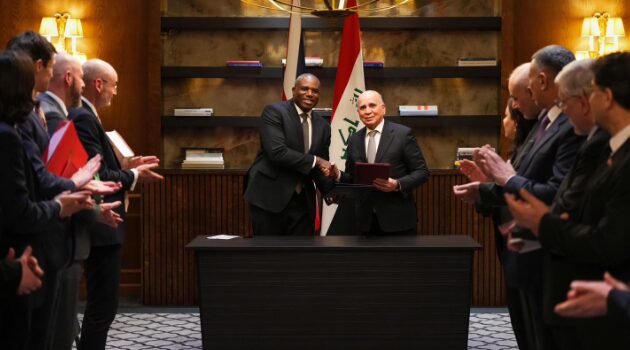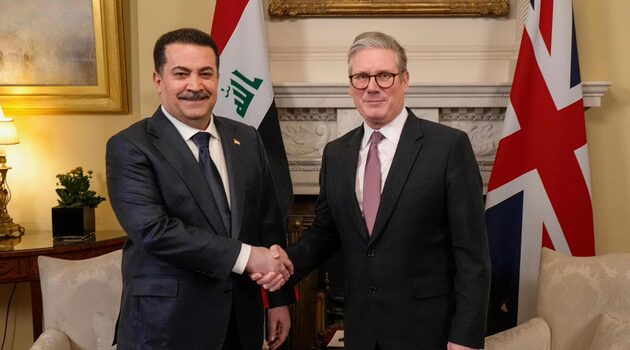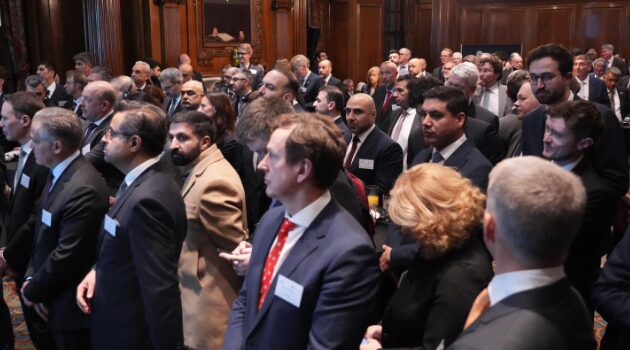The Iraqi Cabinet has taken a significant step towards improving the country’s educational infrastructure by approving funding to furnish 1,000 model schools. This initiative is part of the Iraq-China Framework Agreement, aimed at enhancing the educational environment across Iraq.
The government’s decision will ensure the progress and successful completion of this vital project, benefiting students and educators nationwide.
Key Funding Decisions for the Project
Several strategic funding decisions have been made to ensure the effective implementation of the school furnishing project. These include:
1. Regional Petrodollars Allocation
The Iraqi government has allocated funds from the petrodollar allocations of Basra, Maysan, Kirkuk, and Wasit provinces. These funds will fully cover the costs of furnishing schools in these regions. Additionally, an extra 113.92 billion dinars will be transferred to the General Secretariat of the Council of Ministers to support school furnishing in other provinces across Iraq.
2. Emergency Reserve Funds
To address the remaining costs for provinces not covered by regional petrodollars, an additional 17.43 billion dinars from Iraq’s emergency reserve will be utilized. This move ensures that the project can proceed smoothly without financial setbacks.
3. Iraq-Turkey Agreement (BTA) Contribution
As part of the Iraq-Turkey Agreement, approximately $75 million will be allocated for the procurement of school furniture. This contribution will be coordinated with Turkish authorities, enabling efficient and cost-effective purchasing of the necessary furniture for the model schools.
4. Contracting Flexibility
The General Secretariat of the Council of Ministers has been granted flexibility in contracting procedures. This allows them to bypass standard government contracting protocols and directly invite offers, ensuring a faster and more streamlined process, contingent on the availability of financial allocations.
5. Smart School Equipment Funding
The project also includes the furnishing of 50 smart schools, each with 24 classrooms. To facilitate this, 15 billion dinars from the emergency reserve will be allocated to support the procurement of smart school equipment. This is part of the government’s effort to modernize educational spaces and improve learning outcomes with advanced technologies.
FAQs
What is the Iraq-China Framework Agreement?
The Iraq-China Framework Agreement is a bilateral agreement between Iraq and China that aims to strengthen economic and infrastructural ties, including various development projects across Iraq, such as the furnishing of schools.
How will the school furnishing project benefit Iraqi students?
The project aims to provide modern and fully furnished schools, which will create a conducive learning environment for students. It will improve educational standards by providing better facilities and resources for both students and teachers.
How is the funding for the project sourced?
The funding for this project comes from multiple sources, including regional petrodollars, Iraq’s emergency reserve, and contributions from the Iraq-Turkey Agreement. The General Secretariat of the Council of Ministers is also authorized to manage contracting procedures for the project.
Will all provinces in Iraq benefit from this project?
Yes, all provinces in Iraq will benefit, with specific funding allocations for Basra, Maysan, Kirkuk, and Wasit. Other provinces will receive additional funds to ensure the equitable distribution of resources for school furnishing.
Conclusion
The Iraqi government’s approval of funding for the furnishing of 1,000 model schools represents a significant milestone in the country’s commitment to improving its educational infrastructure. By leveraging regional petrodollars, emergency reserve funds, and international agreements, Iraq is ensuring that its schools are equipped with modern facilities to support the educational development of future generations.
This initiative not only strengthens the education sector but also reinforces Iraq’s strategic partnerships with China and Turkey, fostering long-term economic and infrastructural growth.




